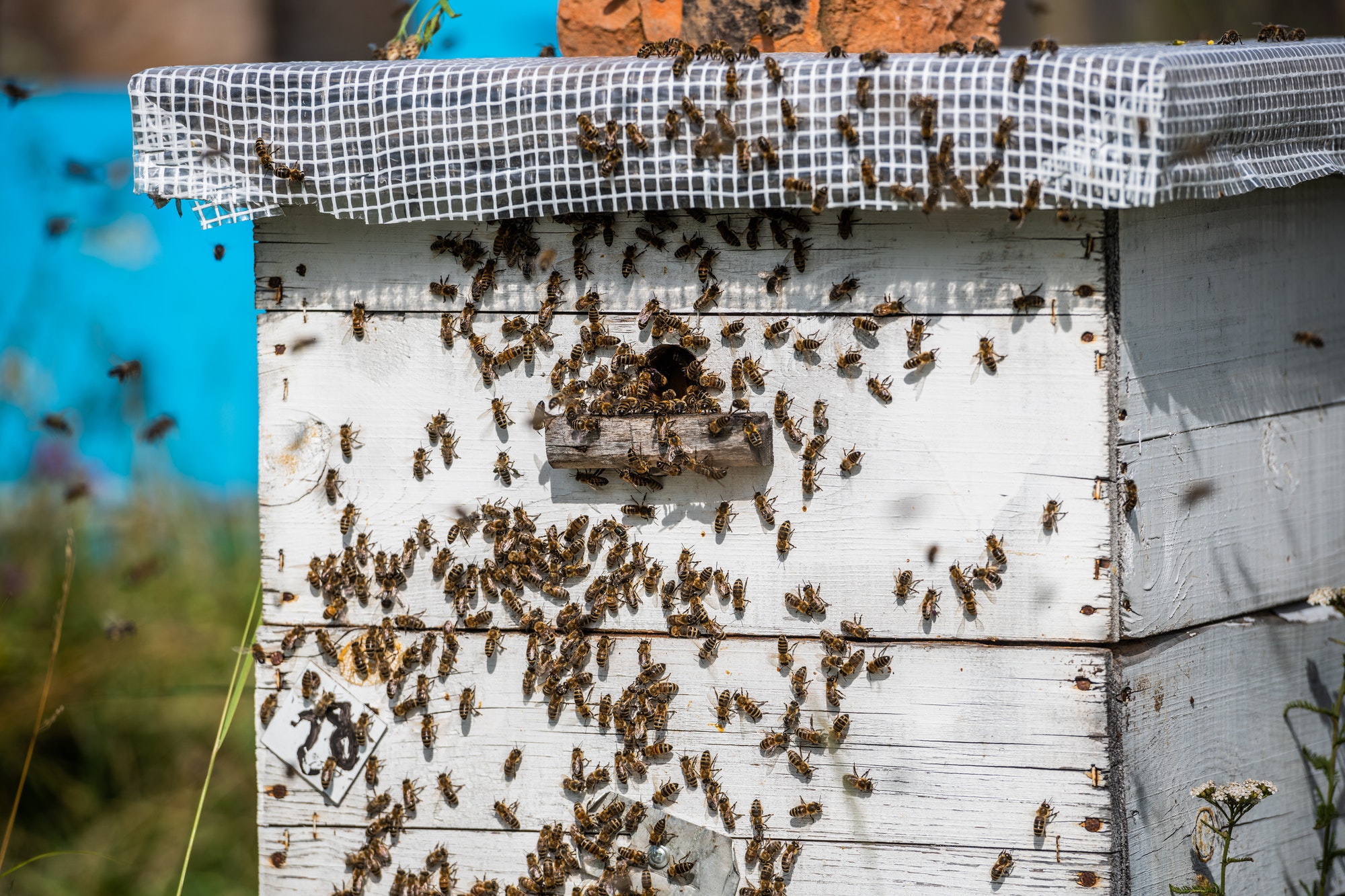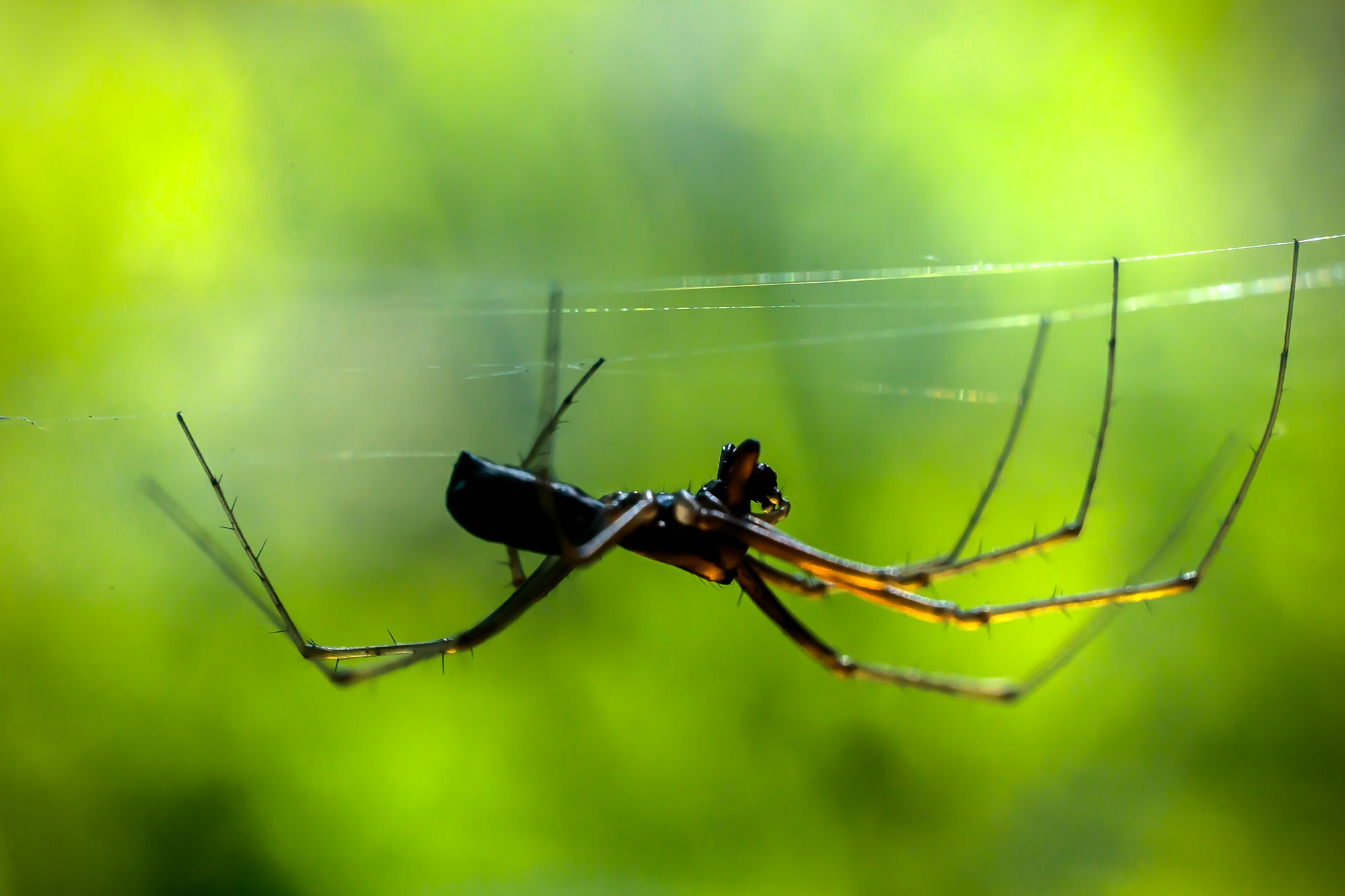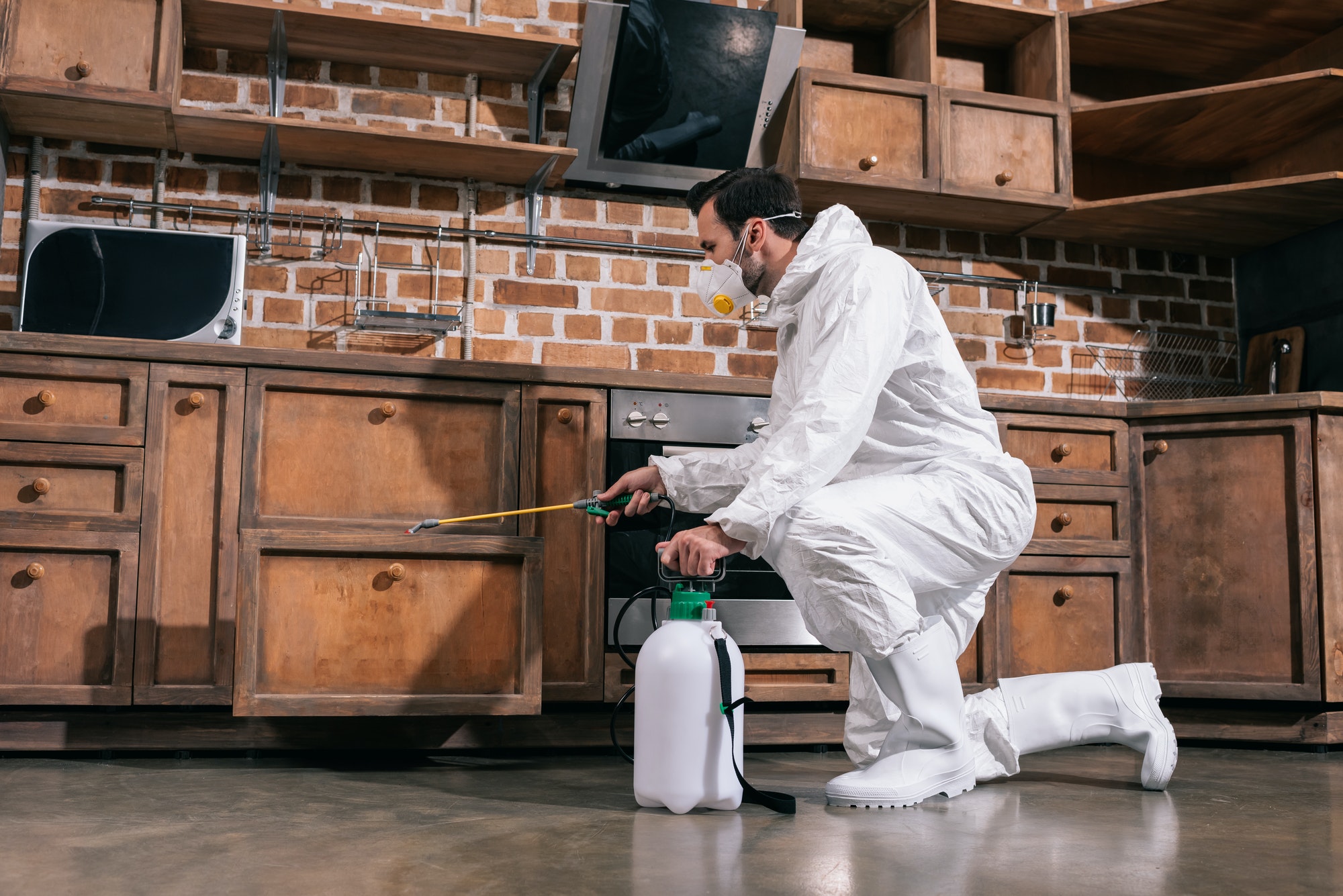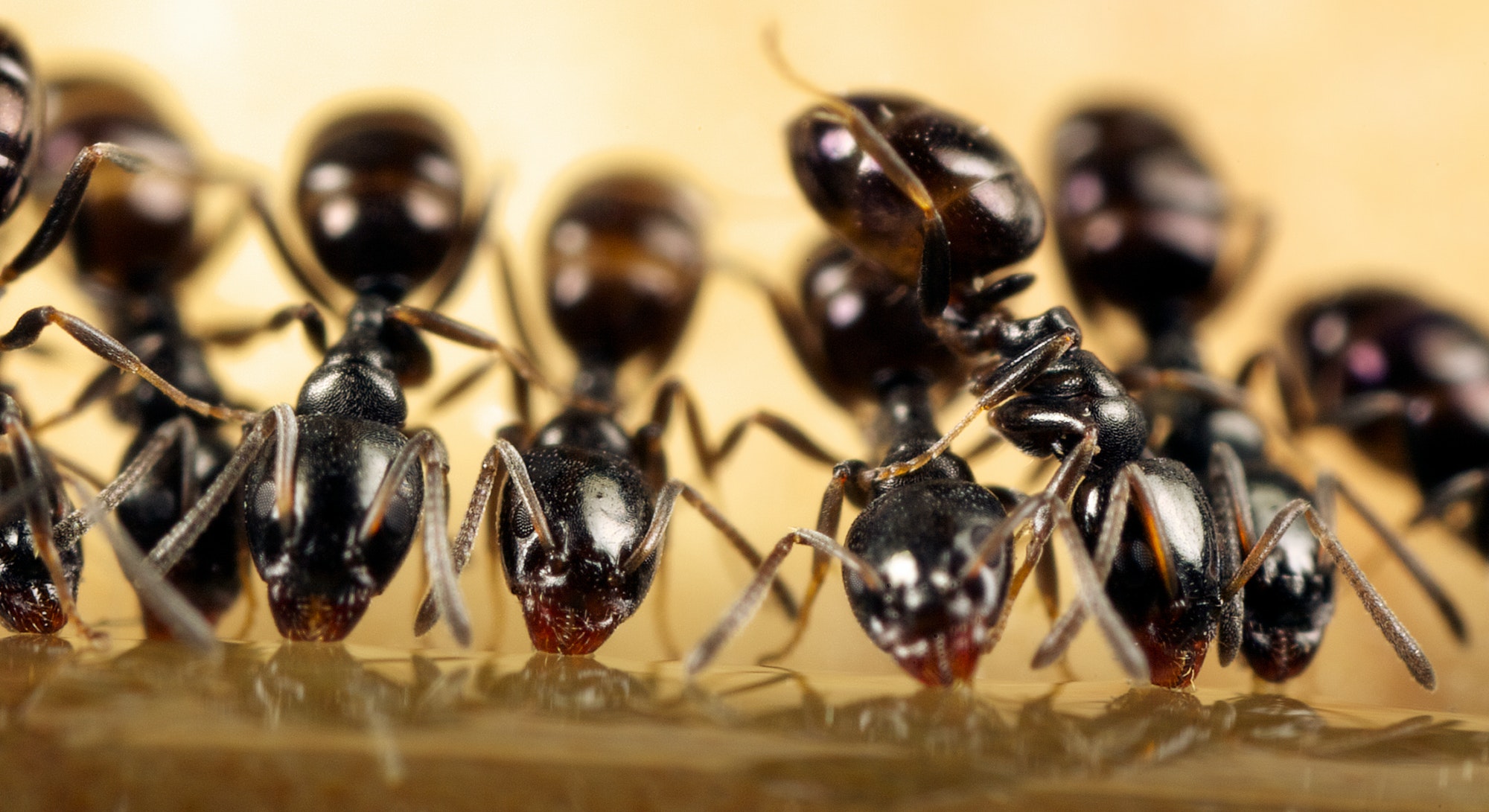Why Bees Are Important For The Ecosystem?
Buzzz… Buzzzz…. This sound is probably familiar to anyone who has ever been outside in the summertime. This is the sound of bees! We’ve all seen the bee movie. Bees play a part in the pollination system of the ecosystem. However, what do we really know about bees?
Bees are small, flying insects that pollinate plants. They are only about half an inch in size and show brown and golden-yellow colorings. They only live for about four months. However, in this seemingly small amount of time, these small creatures do a big job. Bees are responsible for about eighty percent of the pollination of cultivated crops
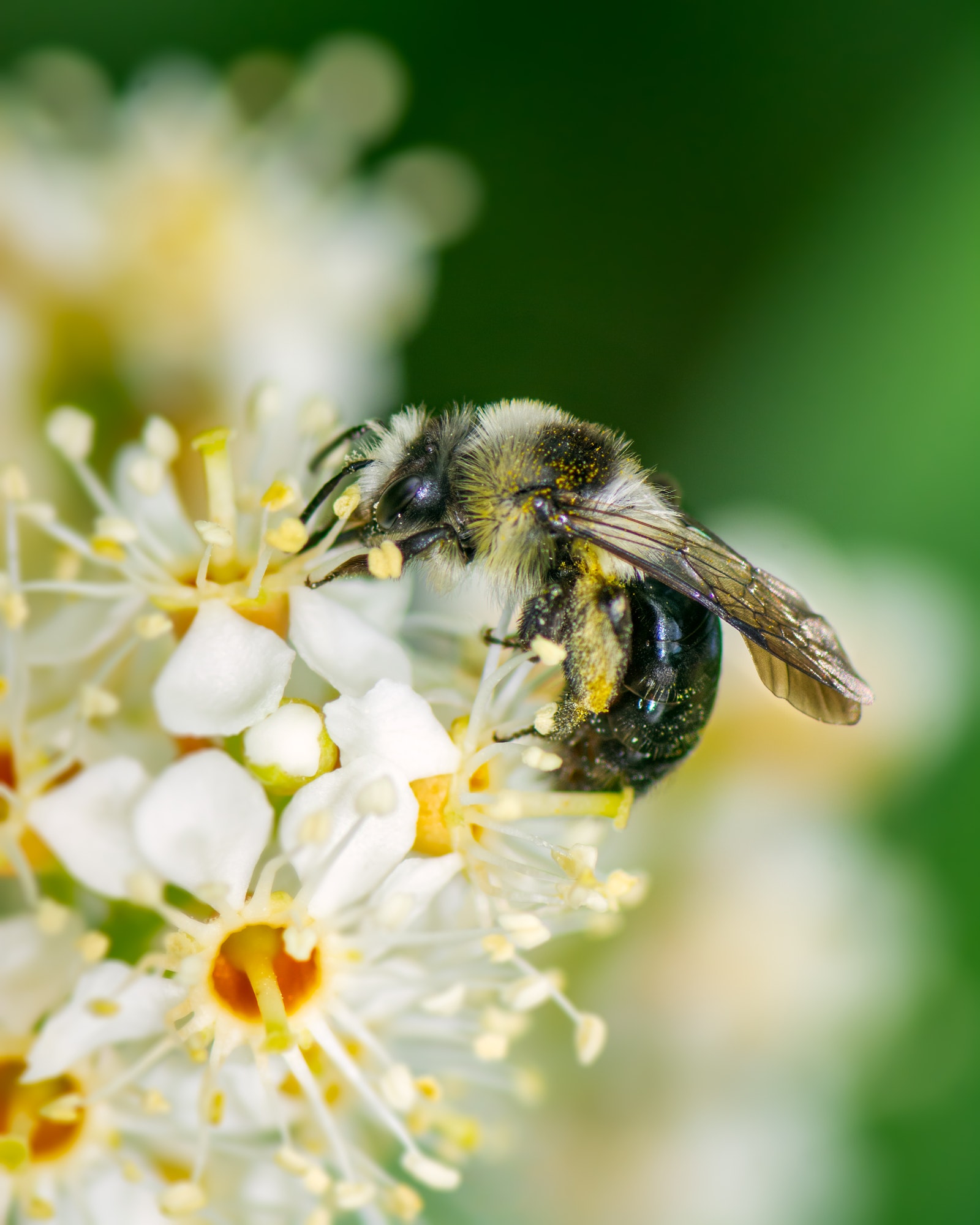
According to the USDA Natural Resources Conservation Service, about three-fourths of the world’s flowering plants and thirty-five percent of the world’s crops are pollinated by animal pollinators. But you may be thinking, “Okay. Why is this important?”
This is important because pollination is essential to the growth and reproduction of plants. Pollen holds a plant’s male sex cells which are vital in the reproductive cycle of a plant. Without the male sex cell of a plant making it to the female sex cell of the plant, the plant would not reproduce and therefore would not bear fruits, vegetables, or any other new plants. Without pollinators like bees we would be without a food source as the food chain relies on animals eating plants for bigger predators to eat the animals.
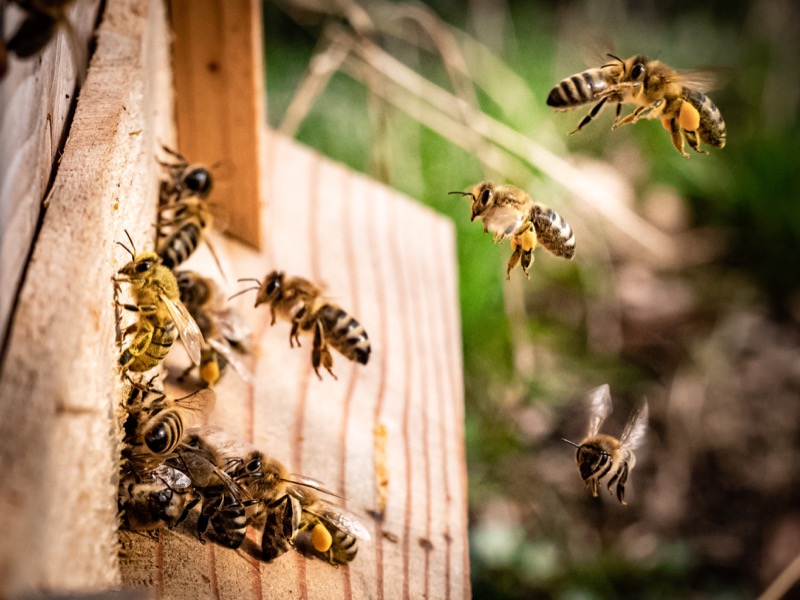
Pollination is not only essential to life, but it also has a positive effect on air, water, and soils. Flowering plants, which are made possible through pollination, not only produce breathable oxygen, but also purify water and prevent erosion. The water cycle depends on these plants to return water into the atmosphere before it can be returned to earth as fresh rain.
As you can see, bees play an important part in many different stages of life through aiding the water and air cycles as well as the food chain and plant cycle through pollination of plants. However, despite playing such a vital role in life on earth, many people do not know that the population of these essential insects is drastically decreasing.
In recent years, beekeepers have reported they are losing about thirty percent of all honeybee colonies each winter. This number is twice what is to be considered economically tolerable. Hundreds of thousands of bees are dying each year and we need to do something about it.
We see that bees are essential to life through their jobs as pollinators. But what can we do to help stop the death of these important little bugs? One step that can be taken to help save the lives of these busy bugs is to stop using pesticides on our plants. These pesticides are reaching the bees and killing them off. Another step would be to ensure you are planting bee-friendly plants in your gardens or if you do not have a lot of space for a garden add a small water basin for the bees to drink out of, but don’t forget to add something the bees can land on as to avoid them drowning.
Bees are small, but immensely important parts of the ecosystem on earth. Do your part to help keep these creatures alive and well. Celebrate National Honey Bee Day on August 21, 2021 and get awareness out there about these important little lives.
